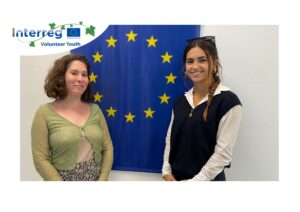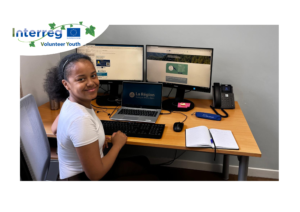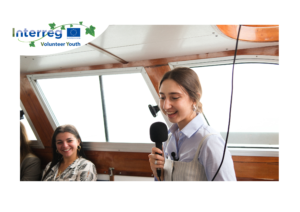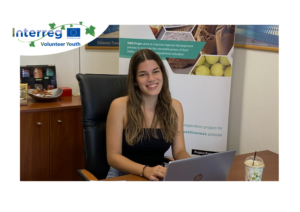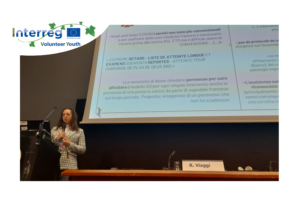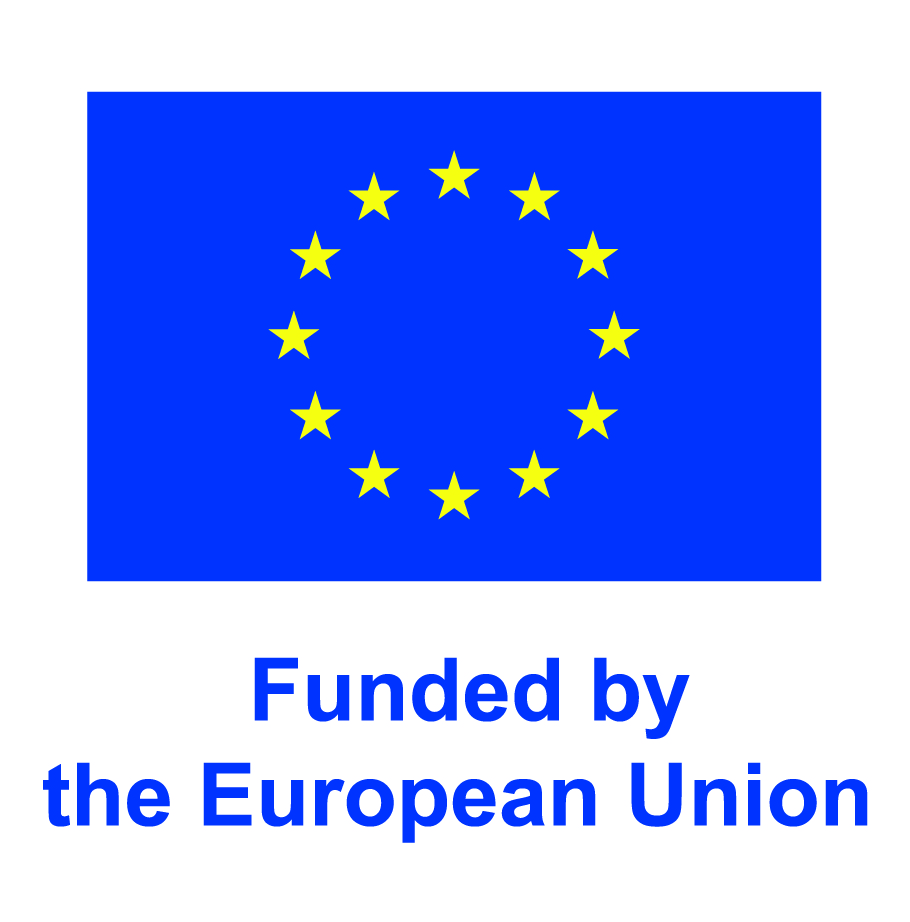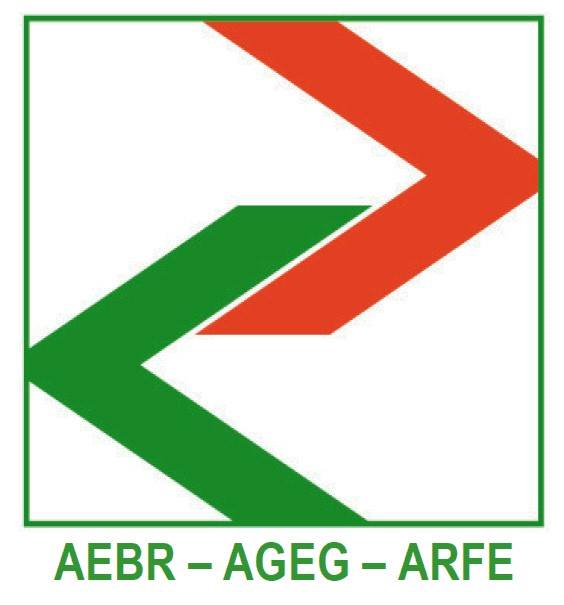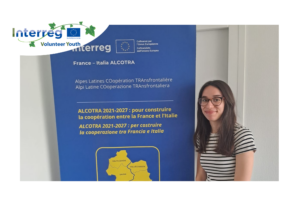
Building the Future: my journey as an IVY Reporter in France-Italy ALCOTRA cross-border cooperation
As an Italian who had lived for seven months in Nice, a vibrant and charming city on the French Riviera only 30 km away from the Italian border, I have gained a deep understanding of the opportunities and challenges involved in cross-border cooperation between France and Italy. Living and working there made me realise the importance of enhancing every day’s people life and overcoming obstacles by joining forces together. That is why I decided to become an IVY Reporter at the Managing Authority for the Interreg France-Italy ALCOTRA Programme, at the Auvergne-Rhône-Alpes Region in Lyon. First things first, let me introduce myself. I am Giorgia, and one of my main tasks as an IVY volunteer is to support the post-2027 consultation process for the future of Cohesion Policies within the ALCOTRA programme. This year, the European Commission’s DG Regio has called upon all Interreg programmes to engage citizens and stakeholders in discussions about the future of Interreg. ALCOTRA as well launched two online surveys, which will be available online until the 1st of October. Among my tasks, I have supported the drafting of the two online surveys, and I am organising events and in-person meetings involving young people to further discuss about the future of the programme and collect valuable data to enrich our consultations. Finally, I will contribute to outlining the report on the consultation results to be submitted to the European Commission by the end of the year. These consultations are vital for the next programme regulation, which will be implemented at the end of the current programme phase in 2027. Without consulting and understanding the needs of citizens and stakeholders, Interreg programmes would not be able to allocate funds to projects. Therefore, they would not be able to improve the daily lives of European citizens. Moreover, being an IVY volunteer for the past two months, I could deepen my understanding of European territorial cooperation and Cohesion policies within the ALCOTRA territory. Not only have I gained knowledge in the cooperation field, but I also have developed new skills which will be helpful in my professional career. Since I had the opportunity to develop new skills, both professional and personal, I am looking forward to the rest of my journey as an IVY Reporter. If you are interested as well in boosting your knowledge and raising awareness on what the EU does locally to improve our every day’s life, join the IVY squad and I am sure you will live an unforgettable experience! – Giorgia M. , IVY Reporter at Managing Authority of France – Italy ALCOTRA Discover more about Interreg France-Italy ALCOTRA Click Here

